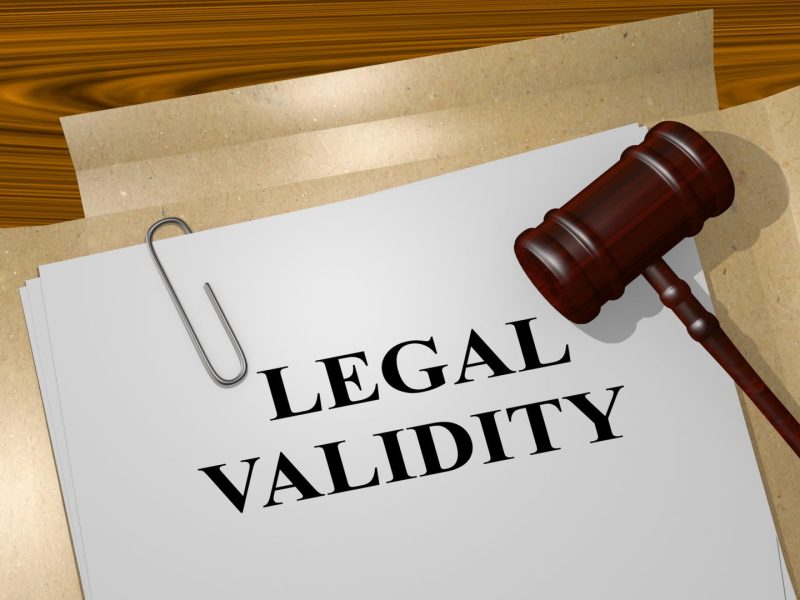Disputes can often arise in relation to the validity of a Will where it is alleged that the maker of the Will (‘testator’) did not know and/or approve the terms of the Will.
This information sheet explains how the validity of a Will is affected by the knowledge and approval of its contents by a testator.
What is testamentary capacity?
For a Will to be valid the testator must have the requisite testamentary capacity. The test for capacity, laid down in the seminal case of Banks v Goodfellow (1870) LR 5 QB 549 requires that at the time the will was signed the testator:
• Understood the nature of the Will and its effect;
• Understood the extent of the property they were disposing;
• Understood the potential claims of beneficiaries and others who might have a moral claim on their estate; and
• Did not suffer from a condition that interfered with their normal decision making.
What is the test for knowledge and approval?
A testator must know and approve of what the Will states and what the Will does. This requires actual knowledge of what the Will does and what it gives away. A testator need not understand each and every provision in the Will, but the Court must be satisfied through evidence that testator sufficiently understood its effect.
There is a presumption that there is adequate knowledge and approval if the Will was read to the testator, and they confirmed that they understood and approve it. However, where evidence shows that the testator suffers from a condition that interferes with their decision making capacity or creates doubt as to their capacity (raising a reasonable suspicion with respect to the Will), knowledge and approval of the Will must be proven for the Will to be admitted to Probate.
How do you prove knowledge and approval?
The person seeking to uphold the Will must establish that the testator had adequate capacity, knowledge, and approval. When the Will has been duly executed, capacity will be presumed unless there is evidence that the testator was not mentally competent.
Pursuant to the decision in Banks v Goodfellow, the relevant time to assess the capacity of the testator is at the time of executing the will. Evidence that the testator had lost capacity after the Will was executed is not relevant.
The best evidence of the testator’s capacity is evidence given by the solicitor who prepared and attended to witness the execution of the Will. Evidence can include conversations with the testator, written acknowledgement of the testator as well as any contemporaneous medical reports of the testator’s medical and mental state.
How is knowledge and approval disputed?
To challenge a testator’s capacity, it must be shown that their mental condition was so affected that they could not understand what they were creating and giving away. The rule in Banks v Goodfellow is a low bar and Courts are hesitant to find a lack of capacity.
Factors such as old age, addiction, hospitalisation, the existence of financial management orders and dementia may support an allegation of a lack of capacity. However, these factors in and of themselves do not lead to a finding of a lack of capacity but can instead may inform the Court as to its decision as to whether the testator lacked adequate knowledge of what they were doing.
What happens if there is no knowledge and approval
If the testator did not know and approve the contents of the Will, the Court may remove the words they did not approve from the Will unless it would alter the meaning of the remaining words or pass over the entire will leaving a partial or total intestate estate.
If you wish to ensure your Will is validly drafted or you seek to challenge a Will on the basis the testator did not know and approve of the contents, please call us today or book an appointment online to speak with our Wills and Estates team.





